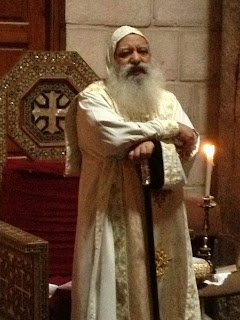Many of you know that I am working on my doctoral studies on pilgrimage. I'm leading a group back here to Israel/Palestine in April 2013. Is there a pilgrimage in your future?
Here are a few things to ponder. . .
Longing What is being stirred up in me?
Motivation What is it about this place and people that draws me?
Timing Why at this time in my life?
Surrender What do I need to let go of?
Ritual How can I attend to the Holy through prayer and reflection?
Embrace What is God's invitation?
Synchronicity What are God's surprises and gifts?
Storytelling How will I share what I've experienced?
To this end, the pacing of these pilgrimages is different. We start the day with contemplative worship and prayer before we ever get on the bus. Then, at the sites, we read scripture, worship together, and grant time and space for wandering, exploring and reflecting. Generally we are done "site seeing" after a late lunch which gives everyone the freedom to shop, explore further or take time to absorb what they are seeing and experiencing. Before dinner, there is an optional 30 minute lecture/conversation that I facilitate that might include a discussion about theological issues that arise as well as in-depth treatment of the biblical text. Evenings are free for conversation and fun.
http://www.fpcberkeley.org/pilgrimage.asp
Here are a few things to ponder. . .
Longing What is being stirred up in me?
Motivation What is it about this place and people that draws me?
Timing Why at this time in my life?
Surrender What do I need to let go of?
Ritual How can I attend to the Holy through prayer and reflection?
Embrace What is God's invitation?
Synchronicity What are God's surprises and gifts?
Storytelling How will I share what I've experienced?
This is not a tourist trip but a journey with
God and a community of believers for the sake of deepening one’s relationship
with the Holy One. For pilgrims, there is a
commitment to pay attention to God’s presence and God’s invitation through the
disciplines of prayer, worship, bible study, and engagement with the
world. Pilgrims are invited to pay as
much attention to the unexpected gifts God may bring as well as how God may be
speaking through aggravation and suffering, their own and that of others.
To this end, the pacing of these pilgrimages is different. We start the day with contemplative worship and prayer before we ever get on the bus. Then, at the sites, we read scripture, worship together, and grant time and space for wandering, exploring and reflecting. Generally we are done "site seeing" after a late lunch which gives everyone the freedom to shop, explore further or take time to absorb what they are seeing and experiencing. Before dinner, there is an optional 30 minute lecture/conversation that I facilitate that might include a discussion about theological issues that arise as well as in-depth treatment of the biblical text. Evenings are free for conversation and fun.
If God is nudging you to consider joining us on the April pilgrimage, I hope you will check out the link from the First Presbyterian Church of Berkeley web site. We can only take 20 folks with us on the trip. Are you one of them?
http://www.fpcberkeley.org/pilgrimage.asp




















